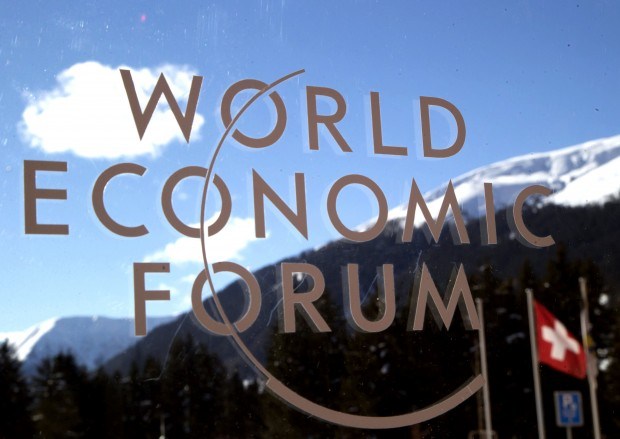Fighting online data fraudsters is almost impossible as their ability to hack into new technology often outpaces companies efforts to protect it, senior businessmen and bankers gathering for the World Economic Forum (WEF) in Davos, Switzeland said.
The mammoth data breach at U.S. No. 3 retailer Target has made executives even more aware of the need to improve safety standards, but the cost is often prohibitive.
“It’s next to impossible to stop data leakage. It’s a constant battle. You can’t beat it completely,” IT company Wipro Chief Executive TK Kurien told Reuters, calling the hunt for increasingly valuable information “modern piracy”.
While losses on complex derivatives transactions could punch a big hole in a banks’ balance sheet or even compromise its stability, the potential losses resulting from the theft of retail customers’ data are often minimal.
“Secure networks like clean pipes are expensive. You can use them for intellectual property but not for everything,” Wipro’s Kurien said.
With the rapid uptake of technology and hyperconnectivity both for personal and business reasons, people put privacy as their biggest concern with security ranking second, according to an international survey conducted for Microsoft and made public in Davos on Friday.
The more personal information is shared online, the more difficult the battle against fraud becomes, an issue that was already live following the NSA surveillance scandal.
Israeli Prime Minister Benjamin Netanyahu waded into the debate at Davos by championing the know-how of Israeli technology companies. With the government investing heavily in the area, Israel intended to become one of the top three countries for cyber-security, he said.
The WEF’s annual global risks report, released this week, focussed on the worst-case scenario of a chronic breakdown of security, or so-called “cybergeddon,” where hackers would gain the upper hand on legitimate users and major disruptions would become commonplace.
That eventuality is viewed by the WEF as a distant risk but there is no doubt that confidence is eroding following episodes like Target, which resulted in the theft which included about 40 million credit card and debit card records.
“Trust in the Internet is declining as a result of data misuse, hacking and privacy intrusion,” said Axel Lehmann, Chief Risk Officer at Zurich Insurance Group.
The Target data breach, a major talking point in the Swiss Alps, triggered a flurry of customer inquiries, reputation.com CEO Michael Fertik, a U.S. digital pioneer who helps 1.6 million customers to protect their digital identities.
“We had lots of sign-up after the Target scandal,” he said.
The incident has also put a spotlight on America’s card system, which does not rely on the sort of chip and PIN technology that has been in place in Europe for years.
“Putting a chip in a card would make it much more secure. It’s an organisational problem,” a senior executive at a technology multinational said. “There is always going to be something more technologically advanced, but we could do things a lot better.”
Bankers and businessmen say the historically low fraud rate in the United States has not encouraged banks and other financial operators to engage in what would be an expensive upgrade of the U.S. card system.
“It’s a trade-off of what it is worth,” a senior American banker said.
(Additional reporting by Ben Hirschler and Paul Taylor; Editing by Louise Ireland)





















 AI Claim Assistant Now Taking Auto Damage Claims Calls at Travelers
AI Claim Assistant Now Taking Auto Damage Claims Calls at Travelers  Telematics and Trust: How Usage-Based Insurance Is Transforming Auto Coverage
Telematics and Trust: How Usage-Based Insurance Is Transforming Auto Coverage  Teens’ First Year on the Road Most Deadly
Teens’ First Year on the Road Most Deadly  10 Do’s and Don’ts of a Smart ORSA Report
10 Do’s and Don’ts of a Smart ORSA Report 
